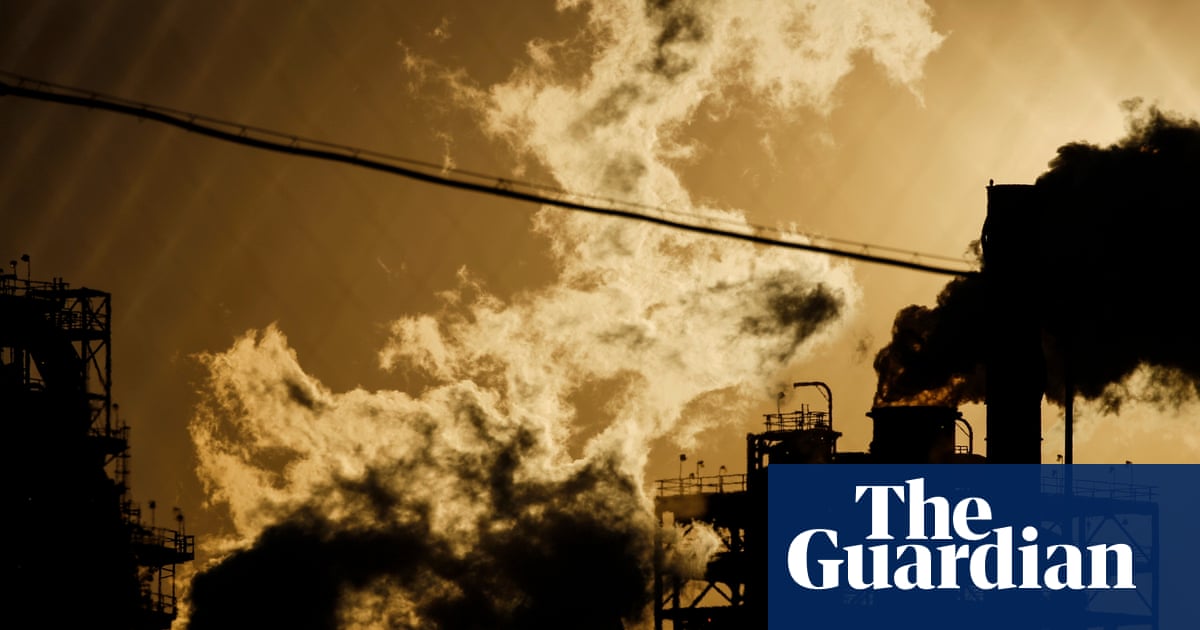
"The world is still on track for a catastrophic 2.6C increase in temperature as countries have not made sufficiently strong climate pledges, while emissions from fossil fuels have hit a record high, two major reports have found. Despite their promises, governments' new emission-cutting plans submitted for the Cop30 climate talks taking place in Brazil have done little to avert dangerous global heating for the fourth consecutive year, according to the Climate Action Tracker update."
"A world at 2.6C means global disaster, said Bill Hare, CEO of Climate Analytics. A world this hot would probably trigger major tipping points that would cause the collapse of key Atlantic Ocean circulation, the loss of coral reefs, the long-term deterioration of ice sheets and the conversion of the Amazon rainforest to a savannah. That all means the end of agriculture in the UK and across Europe, drought and monsoon failure in Asia and Africa, lethal heat and humidity, said Hare."
"A separate report found the fossil fuel emissions driving the climate crisis will rise by about 1% this year to hit a record high, but that the rate of rise has more than halved in recent years. The past decade has seen emissions from coal, oil and gas rise by 0.8% a year compared with 2.0% a year during the decade before. The accelerating rollout of renewable energy is now close to supplying the annual rise in the world's demand for energy, but has yet to surpass it."
Current national climate pledges leave the world on track for approximately 2.6C of warming above preindustrial levels by the end of the century. That projected increase breaches Paris Agreement temperature limits and would trigger severe global disruptions. Fossil fuel emissions are set to rise by about 1% this year to a record high, although the rate of increase has more than halved compared with the previous decade. Emissions from coal, oil and gas rose by about 0.8% per year in the past decade versus 2.0% per year earlier. Renewable energy deployment is accelerating and is close to meeting the annual increase in energy demand but has not yet overtaken it. A 2.6C world would likely activate major tipping points, including collapse of Atlantic circulation, coral reef loss, ice-sheet deterioration and conversion of the Amazon to savannah, with cascading impacts on agriculture, monsoons and lethal heat.
Read at www.theguardian.com
Unable to calculate read time
Collection
[
|
...
]